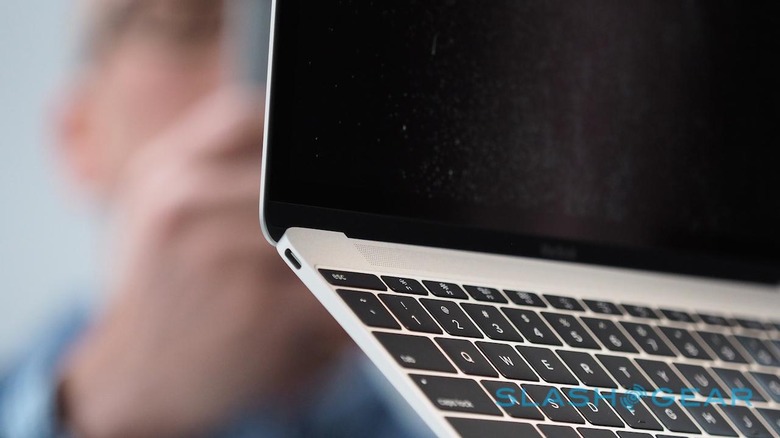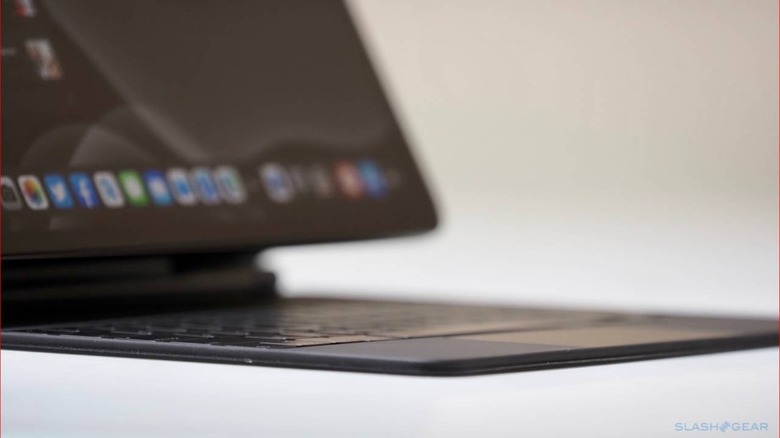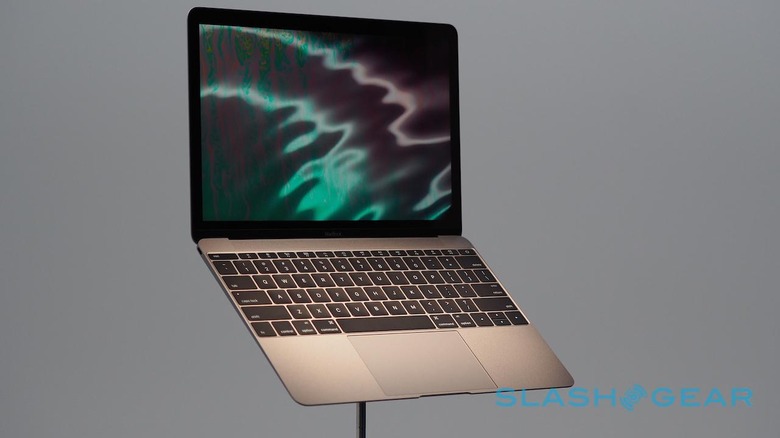The Apple ARM move demands a classic Mac reboot
The dawn of Apple's switch of macOS to run on Arm processors is finally almost here, at least if the leaks are correct, and I'm hoping it gives one misunderstood Mac product another chance to prove its merit. Rumored for years, it's a blow to Intel and potentially some work for developers between WWDC 2020 and the arrival of the first hardware come 2021.
This is no new speculation, of course. Chatter of an Arm-based Mac, using the same chip design know-how that Apple has honed over the past years for iPhone, iPad, and custom chips such as the T2 in the iMac Pro, Mac Pro, and others, has circulated for a long time now. If the leaks are to be believed, Intel's slowing pace of processor development grew too great a concern within Apple, and the company decided to take matters into its own hands.
We'll see the first public fruits of those efforts at WWDC 2020 later this month, reports today suggested. There won't be actual hardware to buy yet, mind: developers need to have time to bring their apps over to Arm. Still, I'm hoping that when new Arm-based Macs finally do arrive, it's a next-generation 12-inch MacBook that's leading the charge.

I'll admit, I'm probably not in the majority when it comes to my affection for the 12-inch MacBook. Even Apple didn't seem entirely keen on fighting its corner toward the end, more interested in pushing the idea of an iPad Pro with a keyboard cover. And I concede, there's a lot to be said for that arrangement.
We've seen this year that the iPad Pro, combined with the Magic Keyboard, and the latest version of iPadOS, makes for a compelling work machine. The transition from iOS to iPadOS and all of Apple's efforts around multitasking, not to mention the raw power of the iPad Pro's CPU and GPU, mean it's simply no longer true that you can't do "real" work on an iPad.
All the same, there remains an inherent compromise in that combination of tablet, keyboard case, and operating system. I'm a Mac user; I like how macOS does things. I have apps that, currently, don't have perfectly replicated iPadOS versions. I have workflows, and Automator routines, that rely on macOS. Could I finagle a mirror of all that on an iPad Pro? Probably, but it seems an effort when macOS does it all already.

Then there's the hardware. The majority of my time is spent typing; I would rarely be removing the tablet from its keyboard cover. The idea of kicking back, bare iPad Pro in one hand and Apple Pencil in the other, is a charming one, but it just doesn't fit with how I, personally, use a computer.
For someone like me, then, there's a weight compromise that isn't offset by functionality I actually need. The 12-inch MacBook weighed about a pound less than the 12.9-inch iPad Pro and its Magic Keyboard. Even a 13-inch MacBook Air tips the scales lighter than the iPad Pro and keyboard combo.
The 12-inch MacBook had its issues, certainly. Primarily they boiled down to performance and the keyboard; the former because of the need to use a low-power Intel chip that could rely on passive cooling, and the latter because of the short-travel butterfly key mechanism. Now, I was an outlier when it came to that keyboard, actually rather liking it to type on, but there I know I'm in the minority.
Apple would almost certainly switch back to its latest scissor switch mechanism in any 12-inch MacBook reboot, as we've seen on the MacBook Pro and then the MacBook Air over the past 6-9 months or so. That I can live with; it's a great keyboard.

If the leaks are to be believed, Apple's early Arm-based chips are already besting their Intel counterparts on performance. That's particularly the case for graphics performance, it's suggested, something that the 12-inch MacBook always particularly struggled with. You could do video editing, as long as you weren't in a hurry for it.
When the iPad Pro first launched, I remember looking enviously at its graphics talents. Apple didn't have a version of Final Cut Pro for the tablet, but other video editing apps showed just how rapid it could be at crunching through even 4K video. Since that first generation, things have only improved.
The 12-inch MacBook always felt a little bit ahead of its time. Apple design ambition, held back by the realities of Intel's processors and graphics chips. Since then the focus has – outwardly, at least – shifted to how the iPad Pro can replace a laptop, rather than making a laptop that behaves more like an iPad Pro.

I suspect Apple isn't narrow-minded enough to ignore the possibilities outside of that paradigm. If there's one thing the Cupertino company is notorious for, it's that it will steadfastly deny it has any intention of doing something... up until it does it, usually with copious fanfare. We saw it with wearables, we saw it with tablets, and we saw it with smartphones; each time, Apple said one thing while it worked away on the opposite.
My hope, then, is that for all the talk of the iPad replacing laptops, the reality is that Apple has been waiting until the pieces fall into place for macOS on Arm as well. Perhaps the poster-child notebook for that concept won't look quite like the new 12-inch MacBook I want so much. Whatever it ends up being, 2021 can't come soon enough.
